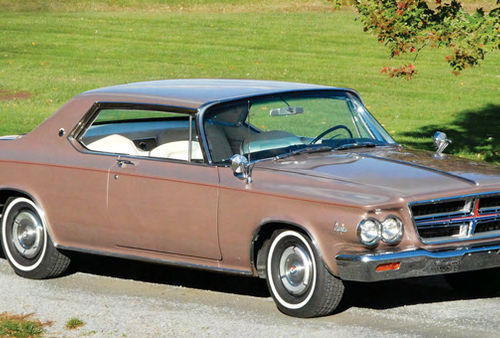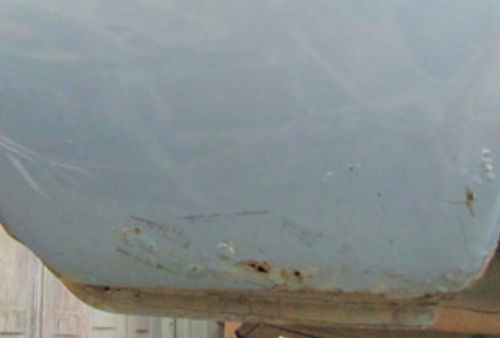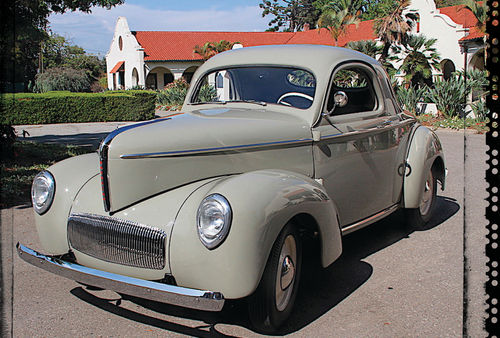Deciphering Key Codes
In my locksmith business customers frequently ask about the importance of key codes and the meaning of the numbers stamped on their keys.
Well, even if you lose your keys or you purchase a project vehicle where keys aren’t available, if you have a key code, a new key can be made based on those numbers or combination of letters and numbers alone.
Sometimes, the key code can be found on the key, lock or tailpiece (a flat piece of steel connected to the back of the lock). A word of caution here. Just because you find some numbers and/or letters on your vehicle keys, that doesn’t mean you have the key code. In some instances, yes, the code was stamped right on the key. But in other cases, the letters and/or numbers on the key identify the blank used to make the key and are not the code itself.
In some cases, a small metal ring containing the code was given to the original buyer by the dealership when the vehicle was first delivered.
Chances are, however, that the metal ring has not been passed along from seller to buyer over the years.
(You might make a mental note to ask the seller about that the next time you buy a vintage car or truck.)
If you wind up examining the lock itself in search of the code, you no doubt will encounter an amount of dirt and surface rust. In that case, carburetor cleaner and fine steel wool can be used to gently clean the metal.
Once you determine the correct code, a locksmith can refer to a code book which specifies the correct key blank to use, along with the correct spacing and the depth of each cut.
Spacing is where the cuts are placed on the key and represents the distance between the centers of each adjacent cut. Depth, of course, refers to how deep the cut is made into the key blade.
One catch regarding key codes, of course, is that on a vintage vehicle the lock may have been rekeyed over the years. (That is, the lock has been previously disassembled and different pins or wafers have been used so the original key will no longer turn the lock cylinder.) In that case, even if you can determine the original code, it will be useless.
However, if you conduct your search and no code can be found, or you determine the code only to learn that the lock has been rekeyed, a locksmith can disassemble the lock, decode the pins or wafers and make a new key for you.
You might want to try to determine that code now and try it as insurance against the day when no matter how much you search, you just can’t seem to locate the keys—or the spares—for that favorite ride of yours.
Phillip Spence
Lock Stock & Barrel
Locksmith Service
Loganville, Georgia















